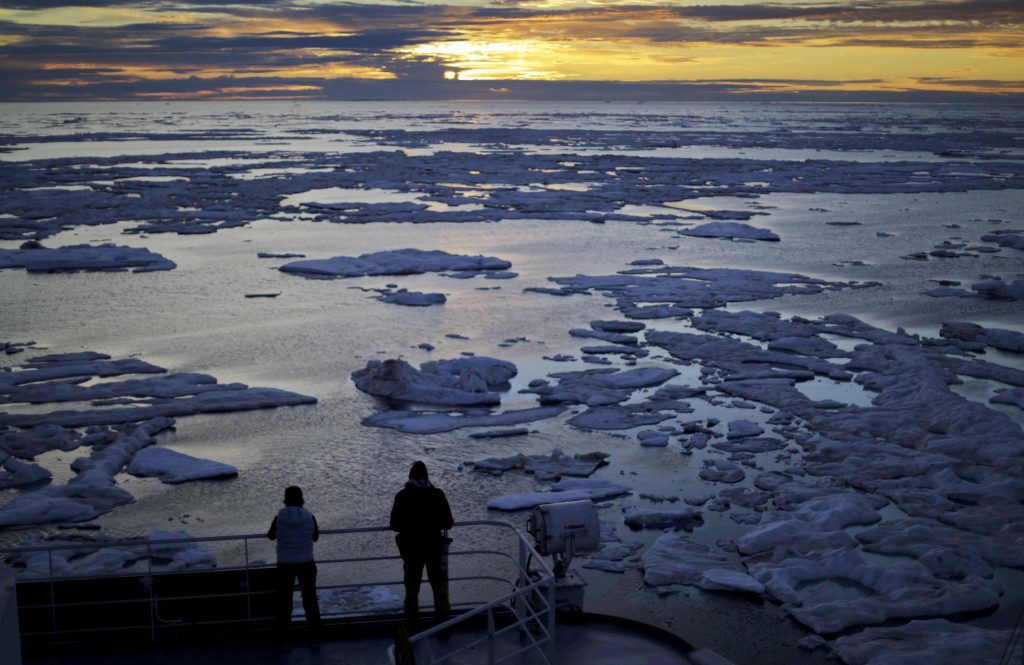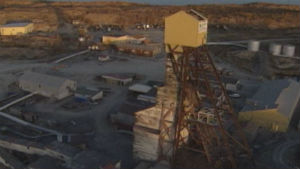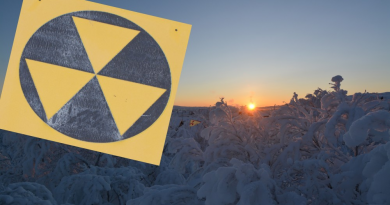The Arctic could soon be ice-free in the summer. Can geoengineering help?

In 2020, Arctic sea ice reached the second lowest level ever recorded
It used to be the size of all ten provinces. Now it only stretches the equivalent of Manitoba to Newfoundland in size.
It’s the Arctic’s ice cap and it’s shrinking. Every summer some sea ice melts — that’s normal — but this year saw the ice shrink to the second lowest level in more than 40 years of measurement.
The record low was documented in the summer of 2012, according to satellite data from the U.S. National Snow and Ice Data Centre in Boulder, Colo. At the time, 2012 was called an anomaly, but 2020 isn’t far behind.
“Sadly, I would no longer consider this particularly anomalous,” said NSIDC’s deputy lead scientist Twila Moon.
“We’ve been seeing very consistently low sea ice extents, and this is certainly reaching towards the lowest we’ve seen. But I have no expectation that we will … see any resurgence in sea ice.”

That level of melt has implications for Arctic residents like 68-year-old Frank Pokiak, who has hunted for food on the ice most of his life.
“The temperature’s been warming. We used to set fish nets under the ice this time of year in the harbour. And right now the ocean and the harbour’s still open. That’s a big change,” he told What on Earth host Laura Lynch.
Geoengineering solutions
Recent studies suggest the Arctic will be ice-free in the summer by 2050 — or as early as 2035 — if nothing changes and global warming cannot be stopped.
But the founder of the non-profit Arctic Ice Project, Leslie Field, is offering a potential solution.
Field, an engineer and inventor, is testing a geoengineering project to slow the melt of sea ice, while the world works on lowering emissions.
“We’re not getting there in time to prevent an awful lot of climate devastation,” she told Lynch.
“That’s really the point of our work is to give the world time with less devastation, to get that important decarbonization work done.”
Her organization proposes scattering sand-like glass microspheres on ice to make new ice more reflective — like multi-year ice naturally is — and thus more resistant to melting as rapidly as it does now, Field said.
Technological interventions not enough, says scientist
But Twila Moon believes that for all the good intentions, geoengineering isn’t the right way to save the ice. Instead, she said the focus should be on cutting harmful emissions.
“In the case of sea ice, if we were to actually manage to reduce warming and begin to see cooling at some future time, we could actually grow that sea ice back,” Moon said.
“Climate is something that can feel out of our control, but is in fact very much directly connected with human action. So we have our hands on that knob.”
The Arctic could soon be ice-free in the summer.
Can geoengineering help?
Listen here for the full report from CBC Radio’s What on Earth
Related stories from around the North:
Canada: Some polar bears in High Arctic temporarily benefit from thinning ice says study, Radio Canada International
Greenland: Greenland losing ice faster this century than any previous one in last 12,000 years, says study, CBC News
Norway: Climate change hits back at Svalbard, coal mine flooded by melting glacier in Norway, The Independent Barents Observer
Russia: Record-warm Arctic summer fatal to wild reindeer in Russia, say environmentalists, The Independent Barents Observer
Sweden: Extra billions to SAS – but with stricter climate requirements, Radio Sweden
United States: Bering Sea ice at lowest extent in at least 5,500 years, study says, Alaska Public Media



